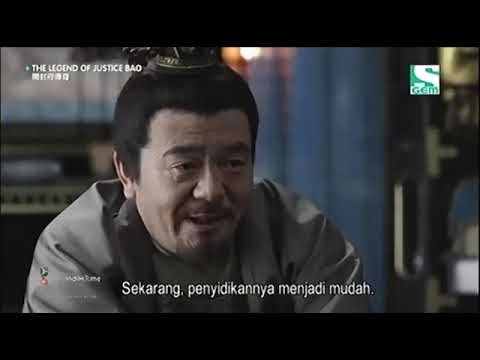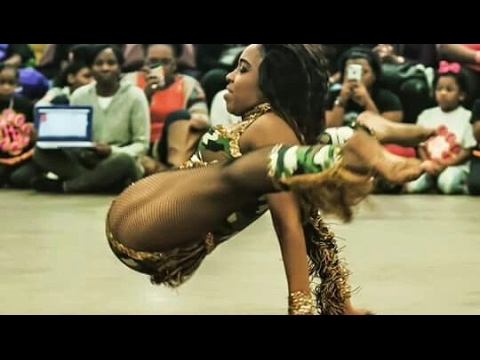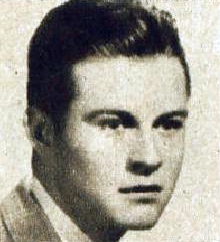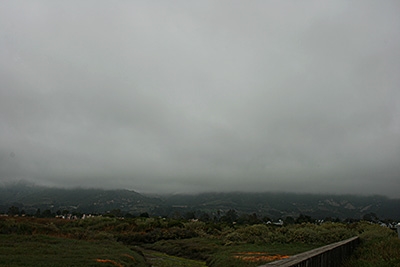In the novel “Dubrovsky”, Pushkin describes in sufficient detail the character and manners of the prosperous Russian nobility on the example of Kiril Petrovich Troekurov, who was famous not only for his noble family and wealth, but also for permissiveness, cruelty, and immoral behavior. It is hard to believe, but secular society since the time of the great writer was literally crammed with such “specimens”.
Kiril Petrovich owned the Pokrovskoye estate and there were always a lot of people in his house, although hospitality and cordiality were not among the strong qualities of his character. Basically, those living or staying in the house were those who, with the help of succumbing and flattery, planned to constantly participate in revels and amusements, which the host often arranged. It also happened that guests were received all day. Also in the house, which impressed with its ostentatious luxurious furnishings and rich interior, a huge number of servants lived. By the way, the servants, just like the owner, were not distinguished by politeness and good manners, often rude and did not stand on ceremony with noble guests, copying the behavior of their master. Perhaps the most reckless trick of Troekurov, which he carefully prepared with the help of his faithful servants, is a room with an enraged bear, in which almost every new guest of the estate suddenly appeared, as if by mistake.
An old friend and neighbor of Kirill Petrovich - Andrei Gavrilovich Dubrovsky - is shown in the novel as its complete opposite. Andrei Gavrilovich is the owner of the Kistenevka estate, but his family has long been impoverished, although it retained its good name and title. Peace and order reign in his estate, peasants love and value him for honesty and justice. With difficulty, he endures the tricks of his neighbor, and only a love of hunting unites them, as well as memories of his former military service.
The novel contains a description of a very interesting moment - when Dubrovsky barely restrains his emotions at the sight of a vast, well-groomed kindergarten, in which more than one hundred hunting greyhounds live in satiety and warmth. Andrei Gavrilovich is extremely annoyed that these dogs live better than some peasants in the Troekurov estate.
When a quarrel broke out between Troekurov and Dubrovsky, Cyril Petrovich did not just intercede for the rude servant - Houndmaster Paramoshka, and he did this not for good reason. He humiliates and commands his servants, disposes of them under the influence of his mood. And he believes that no one has the right to tell him how to live and act.
There is one interesting example of Troekurov’s behavior, which is described in the novel, - the gentleman expresses the favor of the governess, Mamsel Mimi, allowing her son to be called his legitimate offspring. And all the other yard children, like two drops of water similar to him, are not recognized by their father.
Morality, friendship, compassion, responsibility - all these words are not familiar to him. He is even ready to sacrifice his only friend, in order to once again assert himself in the eyes of other people and his own.
As the opposite of what is happening on the Troekurov estate, we see Dubrovsky's estate - Kistenevka, in which the peasants value their master and live with him all the hardships. His servants are more like family than staff. During the illness, Andrei Gavrilovich is surrounded with care and attention.
But Troyekurov goes to an unexpected villainy, he bribes influential officials, which allows him to sue the neighbor’s estate in his favor. For Dubrovsky, this was the last straw and his heart could not stand such terrible news. Come grief in Kistenevka, the tragedy covers all the people living in the village. But this unites people even more, makes them themselves rise to the fight against lawlessness and find a way out of this situation. We see how Troekurov, realizing the consequences of his actions, regrets what he had done, wants to correct the mistake, but late. The Dubrovsky manor burns down, and the peasants leave with weapons and lead a robber lifestyle.
The novel shows how the lawlessness and morality that Troyekurov creates destroys the lives of many people, including the life of his own daughter. As a result, the tyrant-landowner remains in his estate without real friends, surrounded by a crowd of hangers-on and flatterers who admire the luxury of his house and his money. These people are ready for meanness for the sake of wealth and will betray him for the sake of profit, as soon as the opportunity arises to do so. Troekurov seems to understand this at the last moment.
Pushkin, using various artistic techniques, paints us with a very vivid picture of the mores of the Russian nobility of that time.

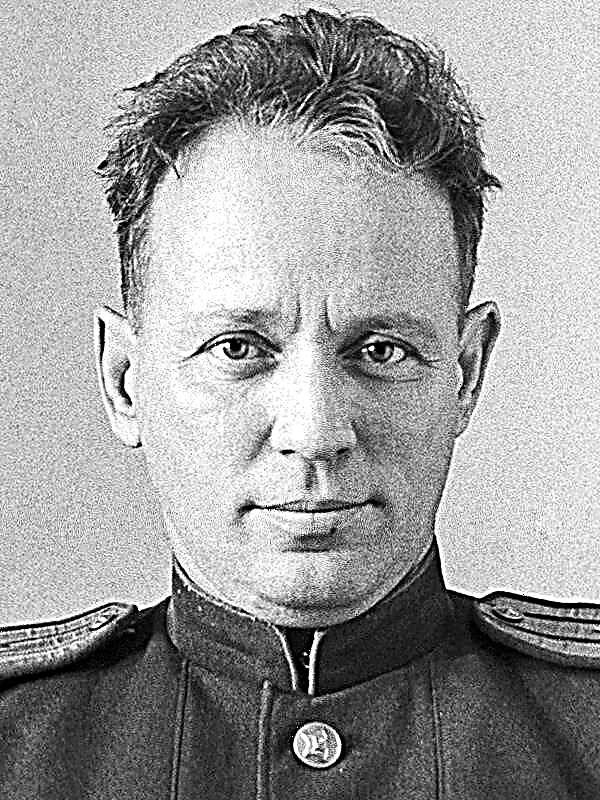

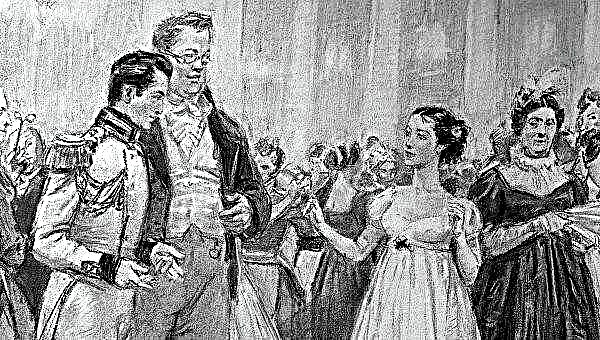
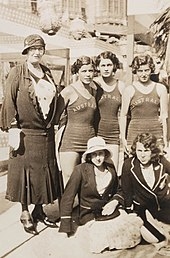
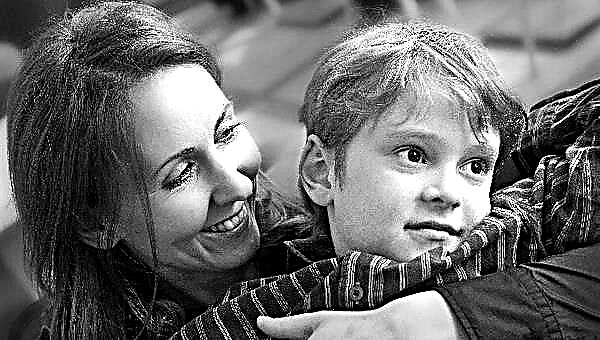
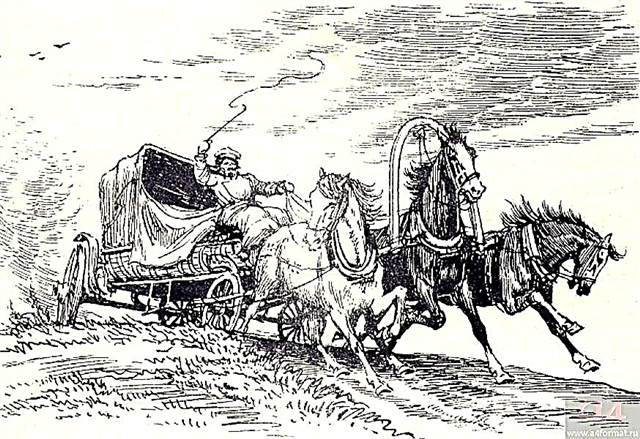
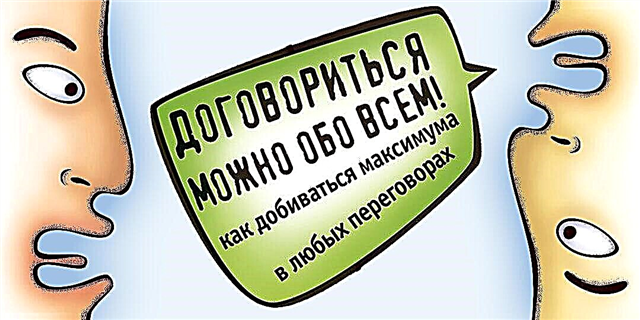 You can agree on everything.
You can agree on everything.